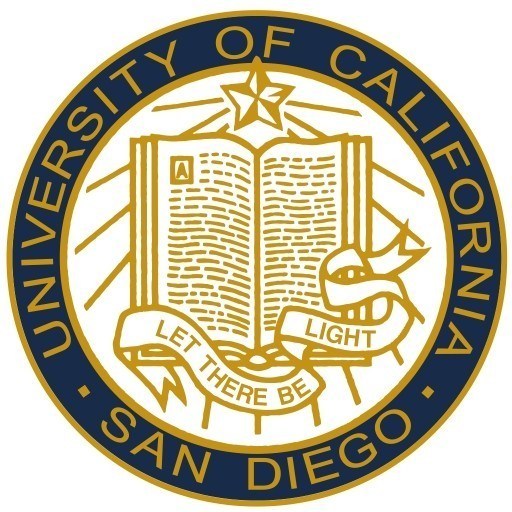Photos of university / #universityofutah
The Ph.D. degree program prepares students for professional careers in teaching, research, business, and government. The program provides a broad mastery of both theoretical and applied fields of economics. Both orthodox and heterodox approaches to economics are integral parts of the program. The department attempts to provide students receiving financial aid with teaching opportunities.
(All Ph.D. students are expected to be enrolled full-time (12 credit hours) during their first year)
Fall Semester
- ECON 7002 - Quantitative Methods II 3 Credit(s)
- ECON 7003 - Political Economy and Critique I 3 Credit(s)
- ECON 7005 - Microeconomic Theory I 3 Credit(s)
- ECON 7007 - Macroeconomic Theory I 3 Credit(s)
Spring Semester
- ECON 7004 - Political Economy and Critique II 3 Credit(s)
- ECON 7006 - Microeconomic Theory II 3 Credit(s)
- ECON 7008 - Macroeconomic Theory II 3 Credit(s)
- ECON 7590 - Econometrics 3 Credit(s)
Additional Information
Three qualifying exams are given during the summer following the first year covering Micro, Macro and Political Economy. Students must pass all three exams. Students are allowed to retake these exams only once.
Methodology Seminars
(Complete 1 course in your second or third year)
- ECON 7400 - Economic History I 3 Credit(s)
- ECON 7600 - History of Economic Doctrines I 3 Credit(s)
- ECON 7601 - History of Economic Doctrines II 3 Credit(s)
Fields of Specialization and Electives
(Complete 2 fields of specialization)
Two-Semester Fields
- International Economics
- Economic Doctrines
- Advanced Monetary Theory
- Development Economics
- Labor/Gender Economics
- Finance
- Environmental and Natural Resource Economics
- Econometrics
One-Semester Fields
- Economic History
- Health Economics
Additional Information
Each field will typically be offered every other year, except for Econometrics, which is offered every year.
Upon completion of the relevant field course(s), students are required to demonstrate competence in each of their two fields. This requires writing a research paper over and above the course requirements in one field of the student’s choice, with the approval of the topic by the instructors in the field, after the completion of the course. This research paper may serve as the foundation of the student’s subsequent dissertation work. This paper must be completed and submitted to the relevant field instructors within one year of completion of the coursework in the field. In the other field, the requirement can be fulfilled through an exam, a paper, or another method as determined by the instructors in the field. If the requirement is a field exam, the exam must be taken at its next scheduled offering after completion of the field courses. It may be retaken only once in the case of failure. The department revisits the fields list periodically and makes changes as deemed necessary in response to changes in student and faculty interests and department resources.
Additional elective courses may also be offered in areas including (but not limited to) econometrics, industrial organization, public economics, and Marxian economics subject to student demand, faculty resources, and the discretion of the chair. Including the field and methodology courses, students are required to take 24 credit hours (equivalent to eight courses) following the completion of core courses. Elective courses must be chosen from economics courses at the 7000 level. Exceptions can be made after consultation with the director of the graduate program.
Dissertation Research
Complete 14 credit hours. Dissertation research typically begins during the third year. Throughout the dissertation stage, student research is supervised by a committee of faculty who are expert in the student’s area of study.
- ECON 7970 - Thesis Research: Ph.D. 1 - 20 Credit(s)
- Bachelor’s degree from accredited college or university.
- Minimum cumulative undergraduate GPA of 3.0.
- Successful completion of intermediate microeconomic and macroeconomic theory.
- Acceptable GRE scores on verbal, quantitative, and analytical components.
- Three academic reference letters.
- A brief statement of personal academic goals.
- TOEFL score of 500 or better (or IBT equivalent) or IELTS of 5 or above (international students only).
Want to improve your English level for admission?
Prepare for the program requirements with English Online by the British Council.
- ✔️ Flexible study schedule
- ✔️ Experienced teachers
- ✔️ Certificate upon completion
📘 Recommended for students with an IELTS level of 6.0 or below.










